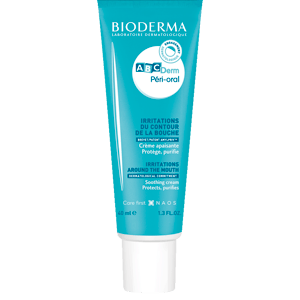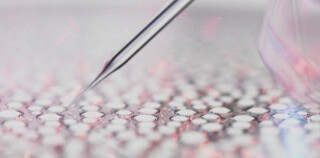ABCDerm Péri-oral
BIODERMA

ABCDerm Péri-oral
BIODERMA
ABCDERM PERI-ORAL
Skincare Face
BIODERMA

BIODERMA
ABCDERM PERI-ORAL
Skincare Face
Each of our ingredients have been selected for their effectiveness. Find all the ingredients of your product grouped into families according to their role.
Sanitising
Moisturising
Soothing
Formulation water
Texture
Protection of the product
The ingredients of our formulas have been selected according to very strict dermatological criteria and recommended by independent toxicological experts. Classified in three main categories of active ingredients, you will discover the nature, role and origin of each by clicking on their name.
Here are grouped the ingredients that contribute to the expected effectiveness of the product: those that optimize or preserve the biological skin's mechanisms (such as hydration, regeneration, lipid-replenishing action), and those that have a very specific physico-chemical action (exfoliating, matifying, sun filters ...).
The ingredients listed here are those contained in the latest formula for this product. As there may be a time lag between its production and its distribution on the market, we invite you to consult the list of ingredients on the packaging.

What type of skin is this product made for? How to apply ABCDerm Péri-oral ? When to use it ? What are the available formats ?

Our transparency approach
Welcome to our Laboratories in Aix-en-Provence.
Discover our unique scientific approach, ecobiology.